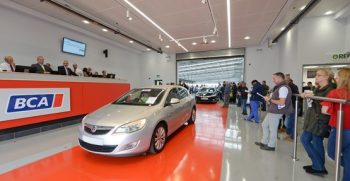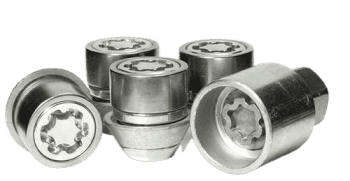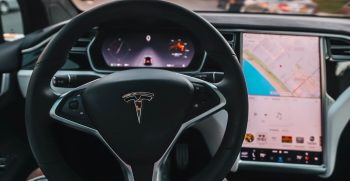In a continuously changing world, the car sector exemplifies the power of innovation and adaptation.
From electric vehicles (EVs) to self-driving cars, the industry is undergoing a transformation that
promises to change the way we travel. In this in-depth blog post, we’ll delve into the latest trends that
are not only affecting the industry but also having a huge impact on our lives.
The Rise of Electric Vehicles: The Electric Revolution

Electric vehicles have progressed from novelty to a tangible
influence in the automotive environment. Manufacturers are
investing considerably in EV technology in response to the shift
toward sustainable mobility. Companies such as Tesla, Nissan, and
Chevrolet are at the front of the pack, delivering cars that are not
only environmentally friendly but also high-performing.
Self-Driving Cars: Navigating the Road Ahead
Self-driving cars were once considered science fiction, but they
are now a reality. Companies such as Waymo and Uber are
testing autonomous vehicles on public roads, demonstrating
their capabilities. This trend offers increased safety, less traffic
congestion, and better accessibility.
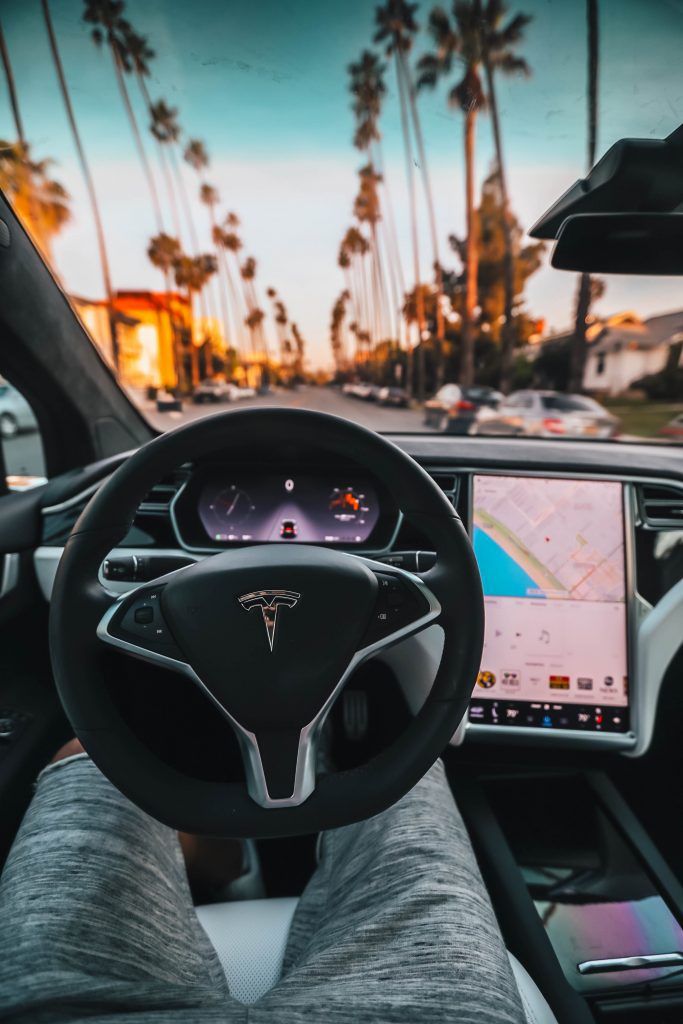
IoT and Connectivity: Cars as Moving Smart Devices

The Internet of Things (IoT) has expanded its reach into the
automotive industry, transforming automobiles into mobile smart gadgets. Vehicles are becoming increasingly networked, with amenities such as remote diagnostics, real-time traffic information, and entertainment systems. This connectivity not only improves the driving experience, but it also creates new opportunities for data-driven businesses.
Green and Sustainable Initiatives
As worries about environmental sustainability rise, automakers are increasing their investments in green initiatives. The sector is aligning itself with global efforts to tackle climate change, from employing recycled materials to producing automobiles with a lower carbon
footprint.

Advanced Safety Features: Achieving Accident-Free Roads
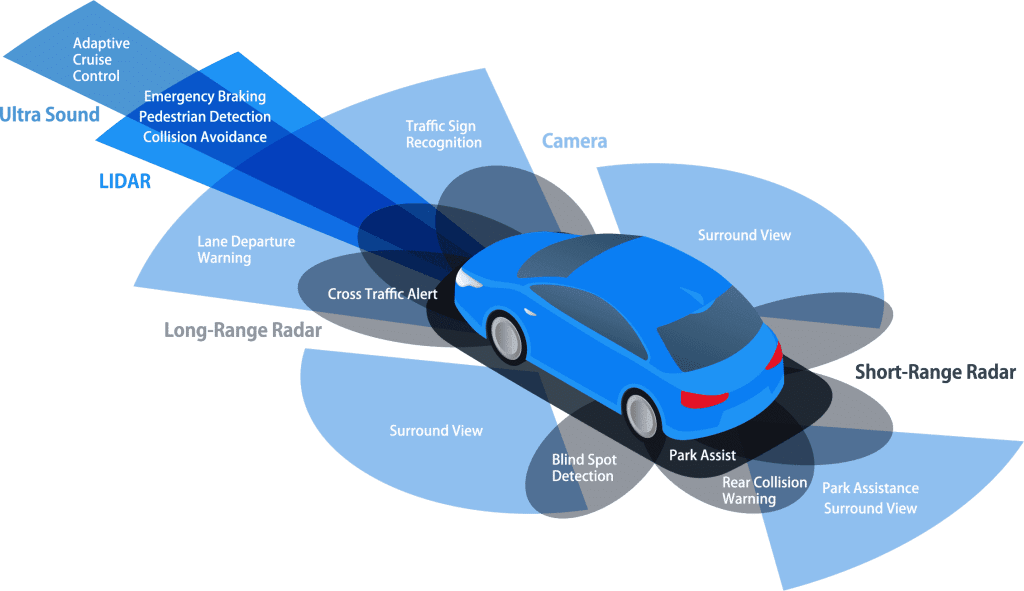
In the automotive industry, safety is still a major focus. Many automobiles are now equipped with advanced driver-assistance systems (ADAS), which provide benefits such as lane departure warnings, automated emergency braking, and adaptive cruise control. These technologies are intended to prevent accidents and make roadways safer for all users. ADAS, lane departure alerts, automatic emergency braking, adaptive cruise control, and road safety are some of the terms used to describe enhanced safety technologies.
- Motors
- Electronic Cars, Future
- February 29, 2024
Chech Our other Blog Posts
In the automotive industry, safety is still a major focus. Many automobiles are now equipped with advanced driver-assistance systems (ADAS), which provide benefits such as lane departure warnings, automated emergency braking, and adaptive cruise control. These technologies are intended to prevent accidents and make roadways safer for all users. ADAS, lane departure alerts, automatic emergency braking, adaptive cruise control, and road safety are some of the terms used to describe enhanced safety technologies.









